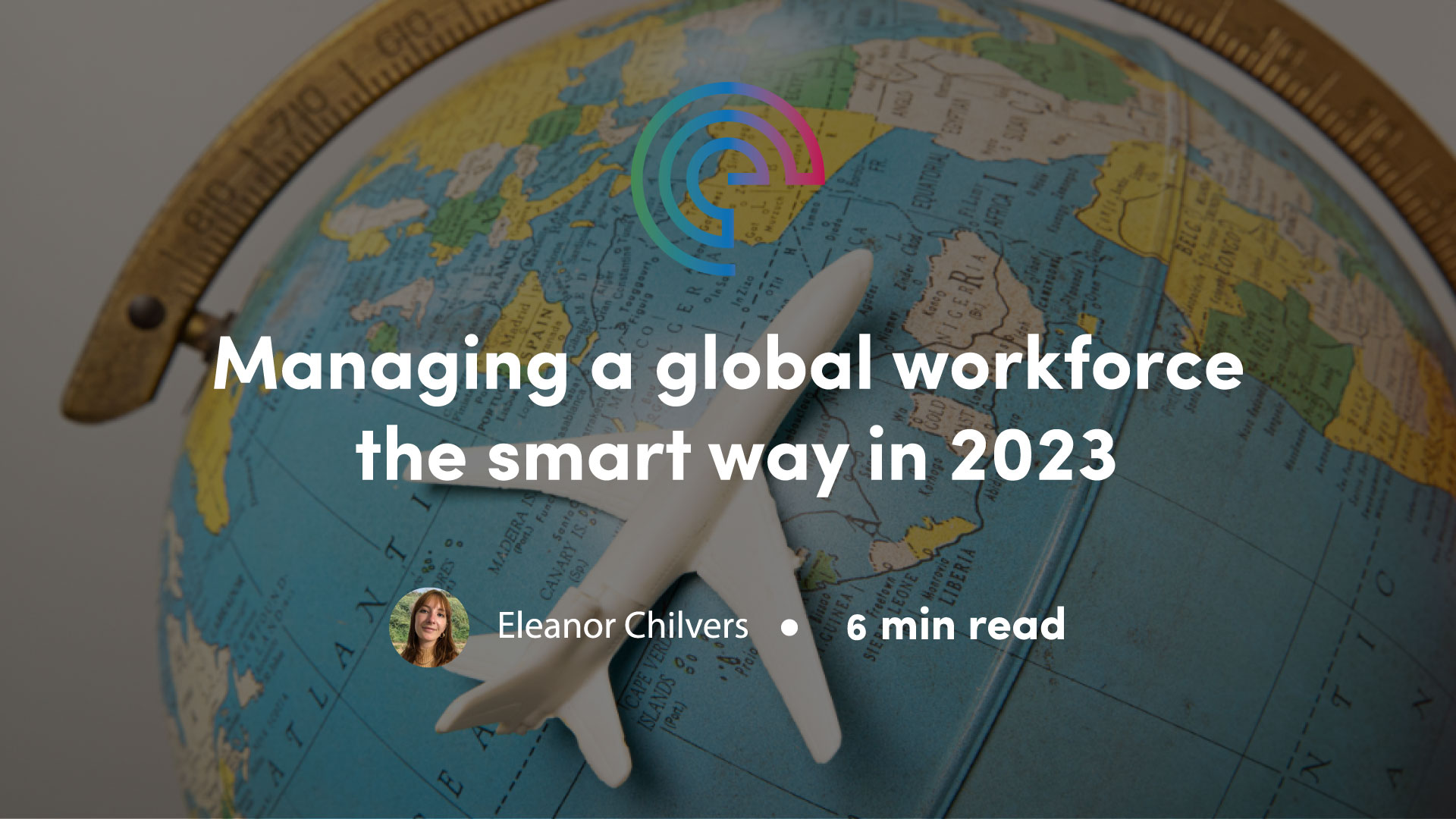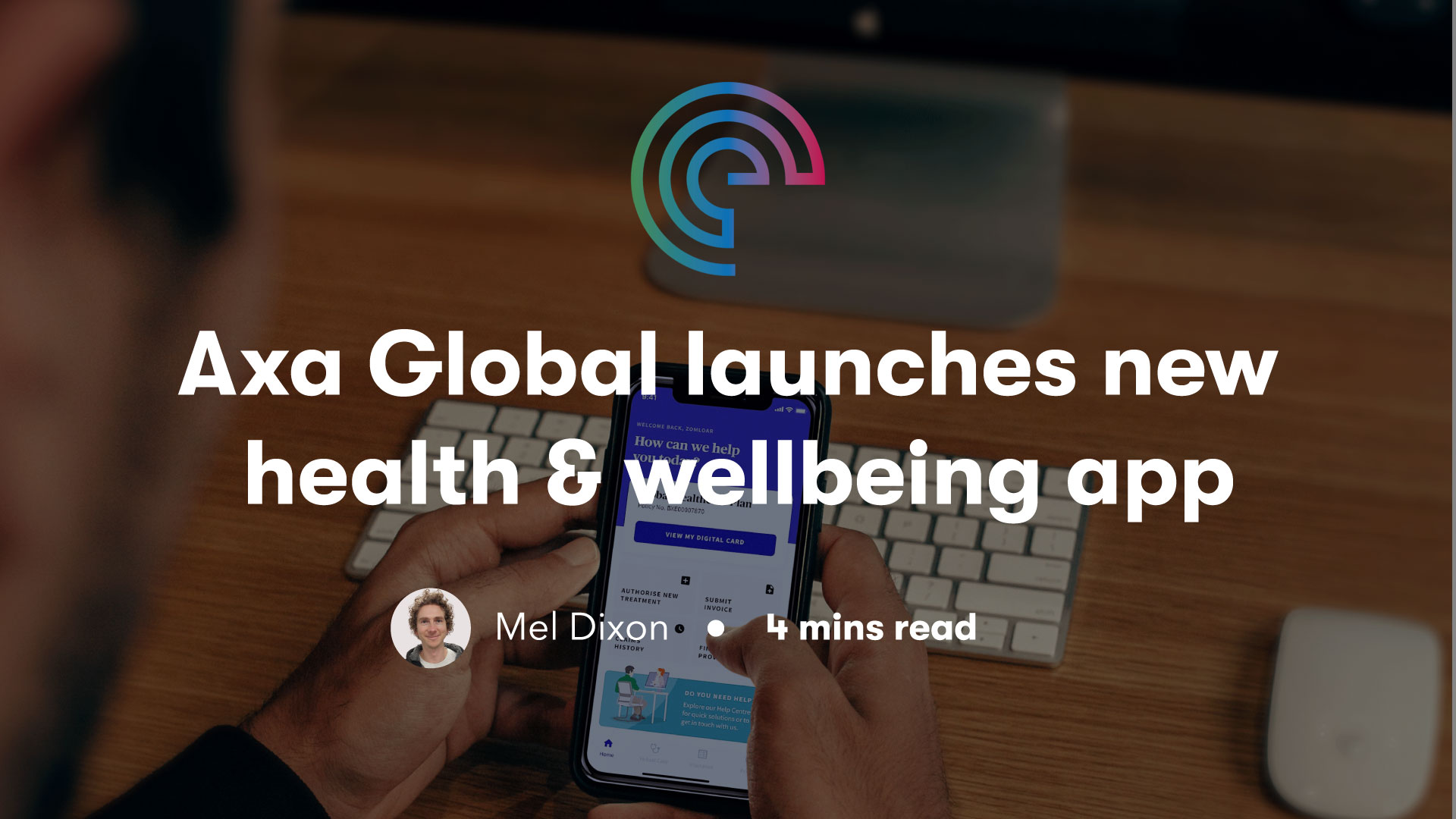Today’s HR teams are scrambling to rise to the challenge of managing a global workforce. According to a survey by Remote, UK businesses are increasingly looking abroad to fill the skills gaps with a quarter seeking to hire tech talent globally,
So, how do you best manage a global workforce?
In this blog post, we explore:
- The seven biggest challenges facing global businesses and how to overcome them
- Eight global employee benefits products which can be delivered to all employees wherever they are in the world
Get FREE one-to-one advice and support from our team of international insurance brokers on 01273 974419 or click on the chat box to the right. We’re here to answer all queries and deliver the best quotes available in the market today.
Overcoming the 7 challenges of managing a global workforce
1. Cultural differences
The challenge
Culture differences can be subtle or profound. The way people are expected to address one another can differ from country to country and differences can extend to dress codes, religious customs and much more besides.
Cross-cultural communication, if not managed right, can be a recipe for misunderstanding or offence-causing. It can negatively impact employee relations, team morale and business performance.
The solution
Many businesses with an international footprint, invest in Cultural Training. Cultural Training programmes equip staff with the knowledge and skills they need to improve communication across different cultures and countries, lowering the risk of offending others and avoiding misunderstandings. The training can be offered to any type of team – expat staff, multi-national workforces, global leadership teams, and multi-cultural teams. It ensures staff can understand one another better and bridges the gap between different cultures within an organisation.
2. Language barriers
The challenge
Managing a global workforce with variable levels of English language fluency can cause problems. Some overseas workers may be more fluent than others – and this can lead to an uneven power dynamic where the fluent speakers hold more influence.
The solution
In an ideal world, everyone would have the same grasp of English. As that’s not the case, you have to ensure that those who know limited English are heard just as much as those who are fluent in it. There are plenty of tools which can help with cross-language communication, but patience and attentiveness will be vital.
3. Time zone variations
The challenge
The inability to work effectively across time zones can negatively impact your organisation’s productivity and work levels. If business leadership is arranging meetings at times which are inconvenient for those working other countries, it may become a point of contention. More generally, poor time zone management can lead to a disconnect between those working in different time zones.
The solution
Companies must design a workflow which considers all employee’s time zones and the best ways of communicating across them. Carve out time for collaboration which suits everyone, providing a forum where everyone can express their ideas.
4. Team dynamics
The challenge
With staff working from different international locations, gaps can form in an organisation’s sense of community. Rather than being one team, a company can become a disjointed patchwork of independently working silos. Ensuring there’s a united team spirit is a big part of successfully managing a global workforce.
The solution
It’s important to recognise where this workplace vibe is missing and offer engaging opportunities for social connection, team-building, and open communication. For example, a form of online social which suits everyone’s time zones – can help cultivate a greater sense of team across national boundaries.
5. Employment regulations
The challenge
Employment regulations will vary from one country to another, whether it’s related to the hiring process, benefits offered, time off and holidays. By not understanding or abiding by different national regulations, your business may fall foul of the law and earn a fine.
The solution
Ensure that you are fully compliant with the different employment rules and regulations in which you have employees. You may need to hire a specialist consultant. Our team at Engage Health Group can advise on all the regulations surrounding employee benefits in different parts of the world. the hiring process, benefits on offer, time off, holidays, cultural holidays.
6. Employee needs
The challenge
Every company should be sensitive to the needs of their employees. The global dynamic, with employees scattered around the world, can lead to senior management becoming more detached from the needs and wants of their people.
The solution
Employee needs will forever fluctuate and change, and the same can be said when it comes to global teams. So, there needs to be an ongoing commitment to seeking out employee perspectives in a structured and proactive way.
There are a number of ways to do this:
- One-to-one meetings
- Team meetings
- Tracking HR data
- Tracking usage of current benefits
- Assess absences, productivity, quality of work
- Utilise different communication tools e.g. online portals, emails, WhatsApp groups etc
7. Administering employee benefits
The challenge
Administering employee benefits becomes more complex when you need to cover workers in different countries. For example, if you’re looking to provide health insurance to all your employees, how will you go about it?
The solution
It’s often better to deliver benefits under a single international scheme with the ability to adapt and cover all staff, no matter where they are. It works as an umbrella scheme, rather than a patchwork of different policies for each location.
Take health insurance as an example. You can invest in a single international health insurance policy which covers staff wherever they are in the world. Alternatively, you can set up several separate country-specific policies.
8 global employee benefits which support your workforce
As an international employee benefits consultant, we specialise in helping companies better understand the options they have available. Taking a holistic approach to your international employee benefits offerings is always the best route. That means covering all staff needs and each area of wellbeing – mental, physical and financial.
We’ve listed below the eight most common workplace benefits that companies offer their staff. If you’d like to discuss any of them in more detail, you can arrange a FREE chat with one of our award-winning team on 01273 974419 or use the chatbox on the right.
1. International Health Insurance
International Group Health Insurance gives staff access to private healthcare anywhere in the world. With a single policy, businesses can cover all countries under one scheme in one single purchase, managing everything in on place. It fulfils the employer’s duty of care, lowers failure rates of expat assignments, and reduces absenteeism.
Tech companies and start-ups can also apply to our exclusive International Tech Pool product, which has been tailor-designed for such businesses.
2. International Life Insurance
Should an employee tragically die in any part of the world, a global Group Life Insurance policy will provide financial support to the employee’s loved-ones.
3. International Employee Assistance Programmes
IEAP’s are often packaged with an insurance policy (but can also be purchased separately), providing staff with tools to help deal with emotional and psychological stresses. They are digital platforms providing advice and services designed to support employee wellbeing including services for one-to-one counselling, healthy eating guidance, virtual doctors, self-support tools and much more. IEAP’s can be set up and managed from one location.
4. International Income Protection
International Group Income Protection provides financial support to an employee should they fall ill, wherever they are in the world.
Instead of the business footing the bill for staff absences, the insurance policy kicks in to cover it. Naturally, some countries (like the UK!) have statutory sick pay, in which case the income protection is paid out after that period comes to an end.
5. International Critical Illness Cover
If an employee suffers a critical illness (or in some policies, a disability), this insurance policy will provide financial support to the affected employee. (International Critical Illness Cover).
6. Pre-assignment Screening
Pre-assignment screening provides a series of checks to assess the suitable of an employee for working overseas or on expat assignments. The checks include health screenings, personal evaluations, pre-trip preparation/training and family support. Pre-assignment screenings improve the chances of a successful expat assignment.
7. Cultural Training
As we’ve already mentioned, Cultural Training can be offered to any type of team – expat staff, multi-national workforces, global leadership teams, and multi-cultural teams. It ensures staff can understand one another better and bridges the gap between different cultures within an organisation.
8. Group Travel Insurance
Group Travel is for teams travelling on regular business trips and helps to reduce the burden on HR if issues are encountered along the way. It gives fast support and guidance for anything covered under the policy, including accidents, illnesses, lost possessions and travel cancellations.
Need help managing a global workforce?
The international employee benefits and insurance market is a tough one to navigate and can be incredibly confusing without a helping hand. The best course of action is to reach out to an independent global benefits broker to help remove the confusion and alleviate the burden when setting up a global benefits plan and managing a global workforce.
At Engage Health Group, we have a huge global reach spanning 61 countries and territories which means we can guarantee the best advice and deliver the most competitive quotes in the market.
Contact us at [email protected] or call 01273 974419 for FREE no-obligation advice and support.









